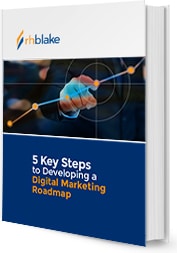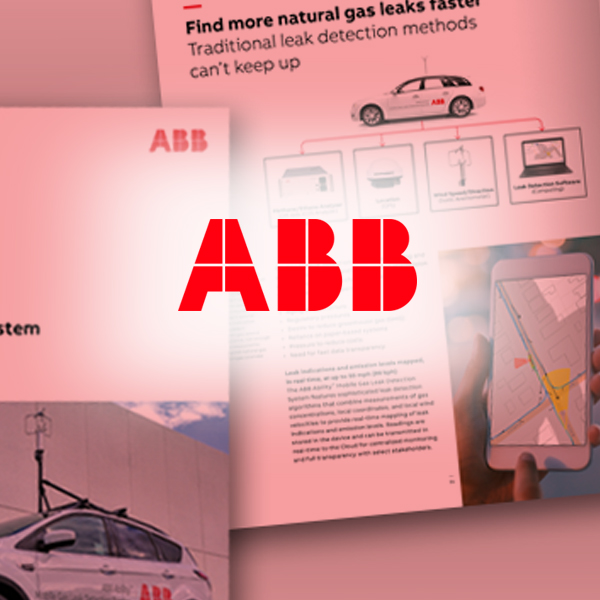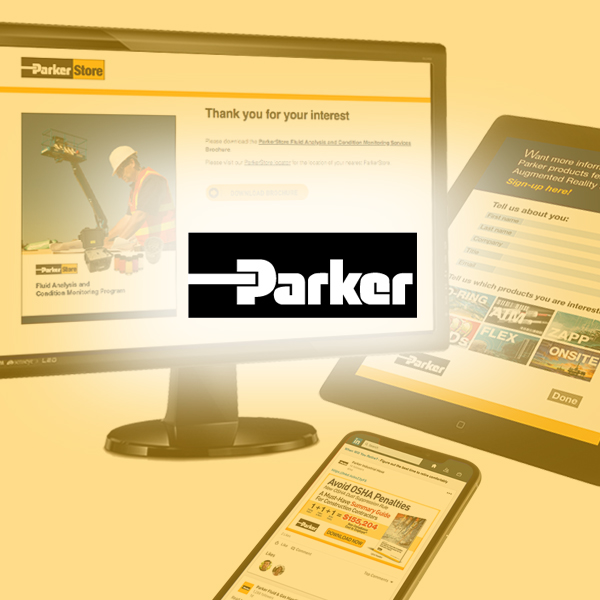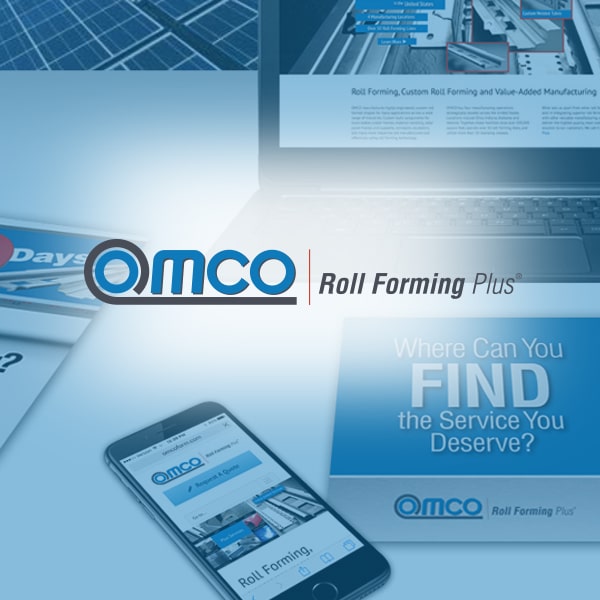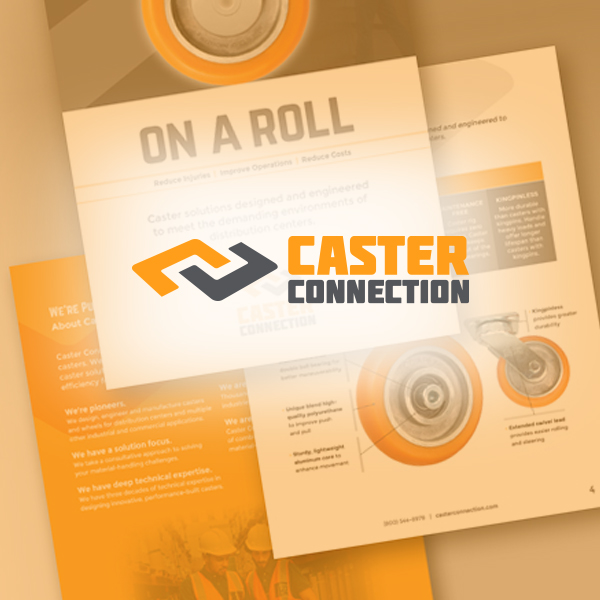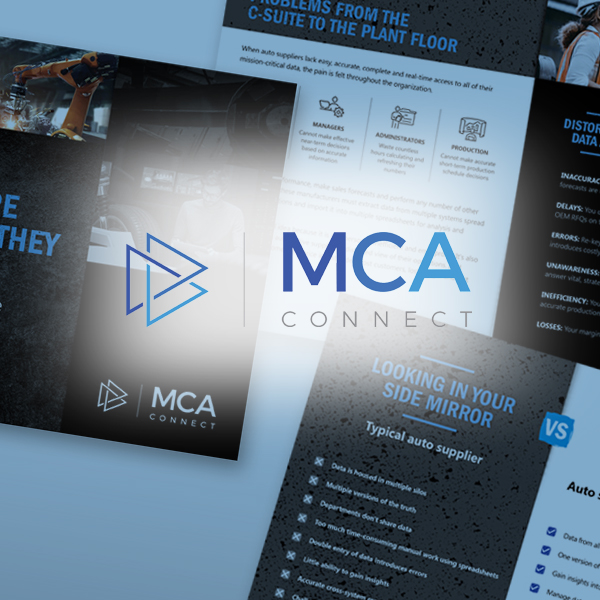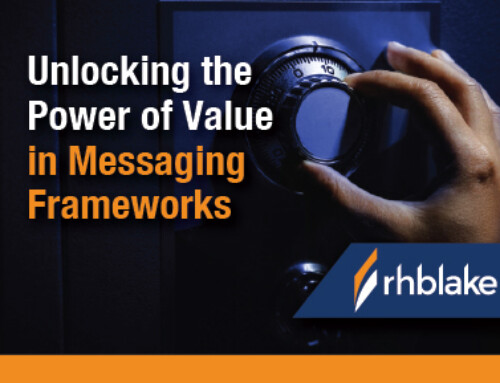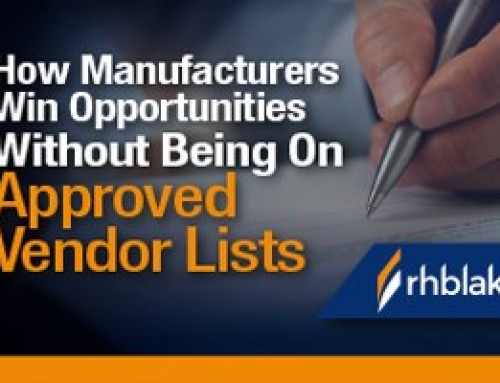Search as you know it is changing. Traditional search engine optimization has long focused on ranking in Google’s search results, optimizing for clicks, and driving visitors to your website.
How B2B Manufacturers Can Overcome the Challenge of No-Click Search in the ChatGPT Era
Search as you know it is changing. Traditional search engine optimization has long focused on ranking in Google’s search results, optimizing for clicks, and driving visitors to your website.
But the rise of Large Language Models (LLMs) like ChatGPT, Gemini, and other AI-powered search assistants is disrupting this old model. According to SEMrush, roughly one third of ChatGPT prompts are traditional search queries, which means these queries are no longer happening on traditional search engines.

Your buyers now live in a “no-click” world, where they no longer need to visit your website to get answers to many of their questions. Instead, AI-driven search tools generate responses directly within Google and chat interfaces, pulling from indexed sources, corporate websites and other digital repositories.
For you as a B2B manufacturer, this presents a new challenge: If potential customers no longer click through to your website, how do you ensure that you’re still visible and influential in AI-powered search results?
Understanding Your Brand’s Position in LLM Search Results
Before you can improve your visibility in AI search, you must to understand where you currently stand. Here’s a process for assessing your positioning in LLM-driven results:
1. Identify key search queries
Begin by listing the keywords, phrases, topics and search queries that your business wants to rank for. Use tools like Google Search Console, Google Analytics, and paid search data from Google Ads to determine the most important search terms customers use to find you.
2. Test these queries in LLMs
Now run these keywords and questions through AI-driven search engines and chatbots like ChatGPT, Gemini, and Bing AI. Analyze how these platforms respond:
- Does the LLM generate an answer directly?
- Does it cite specific brands, including your competitors?
- Does it pull from a particular website or source?
3. Analyze where the LLM gets its data
If an LLM like ChatGPT generates a direct answer, identify where it’s pulling that information from. Is it using Wikipedia? A competitor’s blog? A government site? Understanding the sources helps you determine why your brand is not appearing.
4. Compare and contrast against competitors
Ask the LLM to create a table that compares your company and the competitors that it does mention. This can reveal insights into:
- Level of brand recognition that your competitors have that your brand lacks
- Industry focus of your competitors. They may have niched down their offerings or their marketing content so that they appear in niche search results
- Customer testimonials and reviews. If a competitor has dozens of strong testimonials and reviews, this may be influencing the LLMs to favor that competitors over your brand
- Content coverage and authority. Do the competitors who appear in LLM search results publish better content than you do. “Better” can include more complete, more relevant, publishing frequency, publishing channels, and domain authority
Here’s an Example
We boot up ChatGPT and enter our prompt: List the top five manufacturers of industrial pumps for potable water.

This is how ChatGPT replies:

Notice who appears in the top spot. A company called Grundfos. Why? Well, the algorithm that powers ChatGPT is impossible to decipher, but look at the source that ChatGPT points to the Wikipedia page for this company: https://en.wikipedia.org/wiki/Grundfos
Number two in the LLM results is Xylem Inc. The source for this result is a page on a competitor website that includes some of the search keywords: https://www.liancheng-pump.com/best-water-pump-manufacturers-in-the-world
Number three in the results is KSB SE. The source for this placement in the results is an article on the website of Blackridge Research: https://www.blackridgeresearch.com/blog/list-of-global-top-industrial-pump-manufacturers-makers-companies-suppliers-in-the-world
One key takeaway in this example is that ChatGPT prefers to use third-party sources and bulleted lists when supplying “best of” lists of manufacturers. If you want to rank in LLM results for queries of this kind, work to get your company listed on these types of third-party sites.
Optimize for LLM-Driven Search
Once you understand your positioning, you are in a position to improve it:
1. Enhance brand visibility
LLMs prioritize recognized, authoritative sources. Investing in thought leadership, public relations, and brand-building efforts increases the likelihood that AI models recognize your company as an industry leader.
2. Optimize content for AI search
Publish in-depth, authoritative content for AI models to pull from. Focus on structured data and schema markup to make it easier for AI to extract relevant details. And, if you are looking to be mentioned in AI results that list “best of” brands and solutions, create well-optimized “best of” or “comparison” pages, as LLMs often pull from ranked lists.
3. Increase third-party mentions
AI tools frequently reference high-authority sources like trade publications, industry reports and review sites. So, create a plan to get featured in industry publications, have your products and services reviewed by recognized experts, and engage in online discussions where AI tools source data. Also consider third-part mentions on sites that your buyers frequent and that the visibility algorithms govern, such as Reddit, Quora, Google News, Substack, Medium, podcasts and Google News.
4. Leverage Voice of the Customer (VoC) Data
AI-driven search results increasingly favor customer feedback. So, encourage your customers to leave detailed reviews. Work hard to improve your Net Promoter Scores (NPS), and showcase customer testimonials. Participate in discussions on LinkedIn, Quora, Reddit and other forums where LLMs scrape information. Conduct Voice of Customer research of your own, and incorporate your findings and recommendations into your thought-leadership content (as we do in our 2025 Thought Leadership in Manufacturing Report.
5. Adapt traditional SEO strategies to incorporate AI search
While AI-driven search changes how users interact with content, traditional SEO tactics still play a role. This means you must continue optimizing your website with high-quality, informative content, strong internal linking structures, and fast-loading, mobile-friendly pages.
The Future of Search: AI and Human Strategy Combined
SEO is no longer about ranking on Google—it’s also about ensuring your brand is visible in AI-generated results. By better understanding how LLMs source information, analyzing competitor positioning, and optimizing your content accordingly, you as a B2B manufacturer can remain discoverable in the new AI-powered search landscape.
Rather than fearing the shift to no-click search, view it as an opportunity. The brands that adapt first—those that build credibility, publish authoritative content, and integrate themselves into the AI-driven knowledge ecosystem—will be the ones that continue to thrive in the future of search.
If you need help on your journey, let’s talk. Call RH Blake at (216) 595-2400 or contact us online to learn more.

"You guys met our expectations in every way. It [RH Blake Market Research] was the information we were looking for. Congratulations and Thank You!"
 Scott Griggs
Scott Griggs
Director of Services for Food Manufacturing and Food Service
ALS Global

"“I’ve gotten all that I’d hoped for from the RH Blake Growth Roadmap™ and more. Based on the research and insights, we adjusted our offering scope and sales approach. And this adjustment has been effective at generating new opportunities."
 Diane Reko
Diane Reko
President
REKO International

"RH Blake has been an outstanding partner. They deliver creativity, on time, and always so professional. We love working with them because of their perspective, support, and their efficiency in turning projects around quickly."
 Samantha Spano
Samantha Spano
Digital Product Marketing & Communications Manager
Industrial Automation Energy Industries
ABB
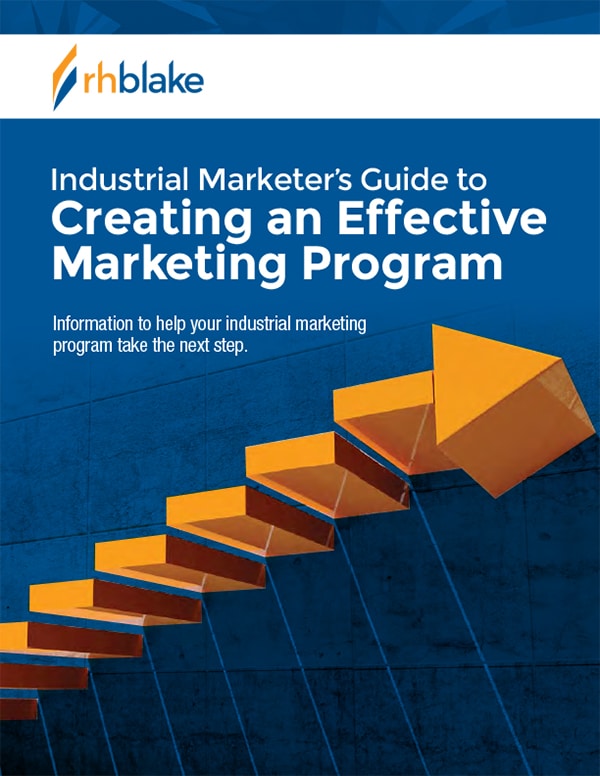
Industrial Marketer’s Guide to Creating an Effective Marketing Program
147 pages of actionable ideas to help you create a winning marketing strategy and program

Industrial Marketer’s Guide to Creating an Effective Marketing Program
147 pages of actionable ideas to help you create a winning marketing strategy and program
Related Clients


